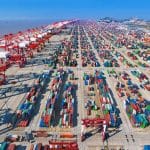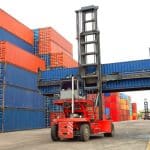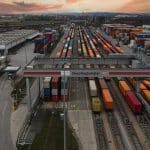CROWLEY TO LAUNCH NEW OCEAN-RAIL SERVICE CONNECTING MEXICO, U.S. MIDWEST, AND CANADA
US-based maritime and logistics solutions provider Crowley is set to introduce an integrated ocean and rail service linking Mexico, the U.S. Midwest, and Canada. The new service will incorporate Crowley’s new ocean route in the Gulf of Mexico and capitalize on the highly efficient inland rail network of Canadian National Railway Company (CN) and its U.S. subsidiaries. This combined network aims to enhance global customer solutions in the North American market. The new service features an ocean shipping route from Tuxpan, Mexico, to Mobile, Alabama, by passing inland transportation congestion at the U.S.-Mexico border. Connecting to CN’s rail service from Mobile to the Midwest and into Canada, Customers can expect faster, more environmentally friendly transit times compared to truck emissions, with five to six times less fuel used per ton transported. After arriving at the Port of Mobile from Mexico via Crowley’s vessel, containers will be loaded onto daily CN trains traveling through the Midwest and into Canada. This service will offer some of the fastest rail connections between Mobile and cities such as Chicago, Detroit, Minneapolis, Memphis, Toronto, and Montreal.
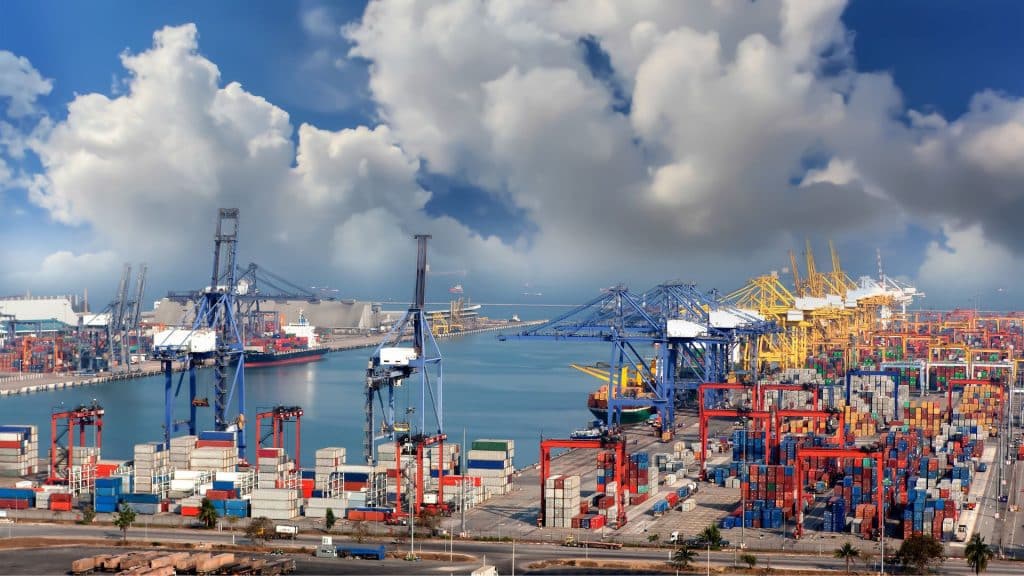
CALIFORNIA APPROVES BANNING NEW DIESEL TRUCKS AT PORTS FROM 2024
The California Air Resources Board (CARB) approved the measure called Advanced Clean Fleets, which would prohibit the sale of all new medium and heavy-duty vehicles by 2036 and ban new diesel trucks from ports and railyards from next year. The new regulation applies to local, state and federal government vehicles as well as fleets owned by entities with annual revenues of $50m or more that own, operate or direct at least one vehicle in California and have a total of 50 or more vehicles. It applies to medium and heavy-duty on-road vehicles weighing more than 3,856 kg, as well as off-road yard tractors and light-duty mail and package delivery vehicles. Drayage trucks, particularly those used to transport containers and freight from ports and rail yards, will be able to register with CARB beginning January 1, 2024, if they are zero-emission. While provisions are in place to phase out older trucks and ensure that they are used to their full capacity, drayage trucks will be required to be zero-emission by 2035. This basically prohibits the use of diesel truck fleets at Californian ports beginning in 2035. The abrupt end of diesel vehicle sales is part of California Governor Gavin
Newsom’s aim to reduce pollution in the state. Critics argue that the transition will be extremely expensive and burdensome for the industry, which also lacks the infrastructure to support zero-emission trucks.
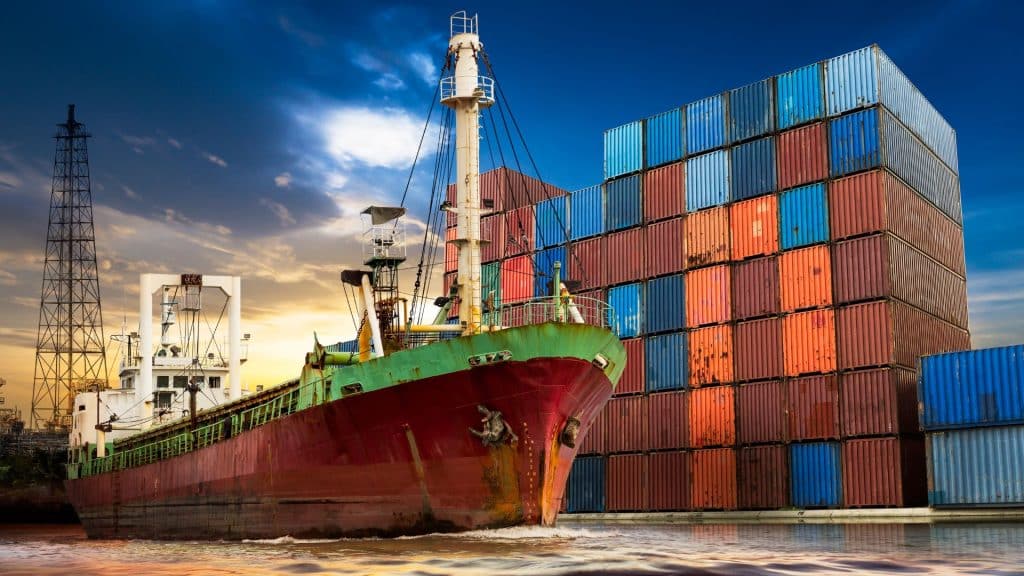
DRAYAGE RATES FALL SHARPLY AMID DOWNTURN IN NY-NJ PORT VOLUMES
The drayage drivers that flooded the Port of New York and New Jersey over the past two years are now facing a slowdown in container volumes that is forcing rates to drop. The ample supply of drivers is making it easier for shippers to switch from rail to truckload and reprice their drayage contracts more frequently. Year to date through March, New York-New Jersey’s imports are down 27% from the year-earlier period to 898,437 TEU, according to data from the Port Authority of New York and New Jersey.
MEXICO, HOUSTON PORT VOLUMES BOOSTING US SOUTHWEST TRUCKING: U.S. BANK
If there’s a silver lining in the overcast US freight outlook, it’s in the Southwest, where truck freight shipments rose 5% sequentially in the first quarter and 14% year over year, U.S. Bank said Monday in its firstquarter freight payment index. Spurred by increased US trade with Mexico, truck volumes and shipper spending on truck freight in the Southwest rose for the eighth straight quarter.

